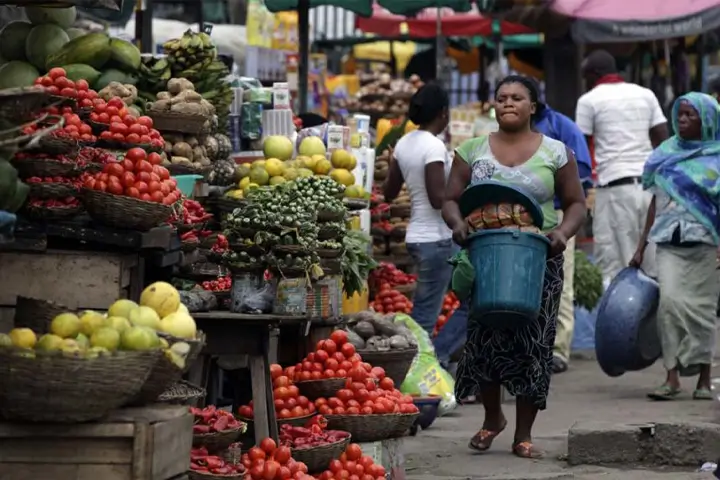
A recent government-imposed ban on crop exports to Nigeria has sparked uproar among farmers in Cameroon. The ban, enacted to protect the domestic trade, has led to protests and tensions as farmers face challenges in storing their crops and limited processing facilities. This article explores the impact of the ban and the concerns raised by farmers who argue that selling to the ready Nigerian market is more profitable and practical.
Protests and Seizures:
Cameroonian police and customs officials have been cracking down on trucks attempting to smuggle cash crops across the border into Nigeria. Wheat, corn, rice, cocoa, and cotton have been seized since the temporary ban on all crop exports to Nigeria came into effect. While the government aims to safeguard the local market, farmers are expressing discontent over the restrictions.
Storage and Processing Challenges:
Farmers, particularly in Cameroon’s northern border areas, face difficulties in storing their crops in the country due to inadequate facilities for cocoa, wheat, corn, rice, and sorghum. Moisture, dust, and insect infestations pose significant risks to the crops after harvest. Moreover, outdated processing equipment and regular power cuts further deter farmers from selling their produce domestically.
Profitability and Market Accessibility:
Farmers argue that selling to Nigerian merchants is more profitable, with higher prices for unprocessed rice being a notable example. Additionally, the ready market in Nigeria and the scarcity of processing equipment within Cameroon drive farmers to seek better opportunities across the border. The allure of higher prices and greater market accessibility outweigh the challenges they face within their own country.
Government’s Rationale and Smuggling Concerns:
Cameroon’s government defends the ban, citing the need to protect the local market and prevent the loss of substantial revenue due to smuggling. The Ministry of Trade emphasizes the subsidies offered to farmers for selling their cash crops locally, yet many farmers opt for the Nigerian market. The smuggling issue has become a significant concern, with illegal cocoa exports escalating following the anglophone separatist rebellion in 2017.
Challenges in Resuming Domestic Trade:
While the government claims that the military is protecting farmers from rebels to facilitate the resumption of domestic trade, farmers remain skeptical. They believe that smuggling will persist as they face separatist violence and lower prices at home or risk engaging in illegal exports across the porous border.
The temporary ban on crop exports from Cameroon to Nigeria has ignited controversy and unrest among farmers. Challenges related to storage facilities, processing equipment, and profitability have led many farmers to seek opportunities in the neighboring country. The government’s efforts to protect the local market and curb smuggling face resistance as farmers contend with the realities on the ground. Resolving these issues will require a delicate balance between market incentives, investment in agricultural infrastructure, and addressing the concerns of farmers to ensure a sustainable and thriving domestic agricultural sector.
Stay updated with the latest farming tips and agriculture industry news from Africa by subscribing to our newsletter. Don’t miss out on valuable insights and updates. Follow us on Twitter, LinkedIn, and Facebook to join our farming community and stay connected with us.



















